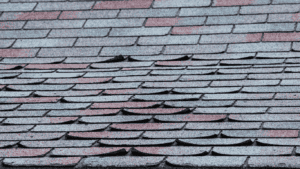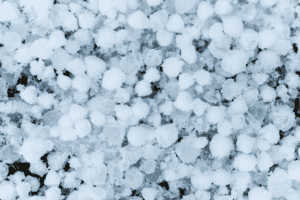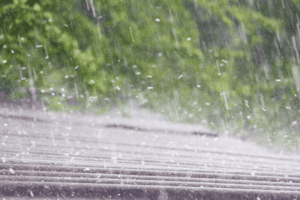If You’re Planning Denver Roofing Work, Here Are a Few Building Codes to Know
Are you planning a roof replacement in Denver? While it’s up to your roofing partner to be the expert, it’s still a good idea to stay informed when it comes to important Denver roofing codes. Codes and regulations will dictate what type of roof is possible for your home, and which roofs will not be allowed. Knowing certain building codes can also help you to avoid roofing scams, as unethical or storm chasing roofers tend to be unfamiliar with local regulations—or simply not care.
So to help you plan your next roof, the experts at Elite Roofing & Solar are providing some key information on Denver roofing codes that you should know!
Do I Need a Roofing Permit in Denver?
Per Denver roofing codes, most significant work done to your roof will require a permit. The specific guidelines state that if more than 10% of your roof or 200 square feet (whichever is less) needs to be repaired or replaced, a permit is required. A permit is also required for any new roofing penetrations made in your roof, such as installing skylights or solar panels.
This encompasses any roof replacement, major roof update, and many significant repairs. However, it’s worth noting that very small repairs may not require a permit.
In addition, roofing permits should generally be pulled by your roofing contractor as part of the roofing process. Not only do permits protect you as the homeowner, but your roofer will be more experienced in navigating the permitting process.
Commercial Roofs Require a Class A Fire Rating
Commercial roofs in Denver must be Class A fire rated, which is the highest level of fire resistance. However, while not currently required for residential buildings, it’s worth noting that many municipalities throughout Colorado have banned the use of more fire prone roofing materials, such as wood shakes.
When planning a new roof, Denver homeowners should consider not just current roofing codes but also potential future updates. While wood shake roofs can be made more fire resistant, they generally present a greater risk than alternative roofing materials, and may even leave homeowners with greater insurance liability.
Related post: Why Now Is the Time to Replace Your Wood Shake Roof
How Many Layers of Roofing Are Allowed?
In Colorado, roofs may only have up to two layers of roofing. This is the case for most roofing codes across the United States, and the same holds true here in Denver. The restriction applies not just to residential materials like asphalt shingles, but to flat roofing as well.
This means, if your roof has only one layer of roofing, you may be able to install a new roof over the top of it, which could save money by avoiding the labor and disposal costs associated with tearing off your roof.
However, it’s important to consult with your roofing partner on the best course of action for your roof. Whether you can add a new layer over the top of your roof depends on more than just Denver roofing codes, as some roofs may be too old or severely damaged to replace without first tearing off the old roofing system.
Elite Is Your Expert for Denver Roofing Codes!
Building codes can be highly specific from city to city, so it’s important to work with a roofing company that has experience working in the area you live in. Here at Elite Roofing, we’re experts in all things Denver roofing, from building codes and regulations to the unique threats that roofs must be prepared for in our area.
If you’re planning a roofing project in Denver, it’s a good idea to have a roofing partner you can trust to help plan a roof that not only meets regulations and standards, but that looks great and protects your home, too! Contact Elite Roofing today to start planning your new roof.









